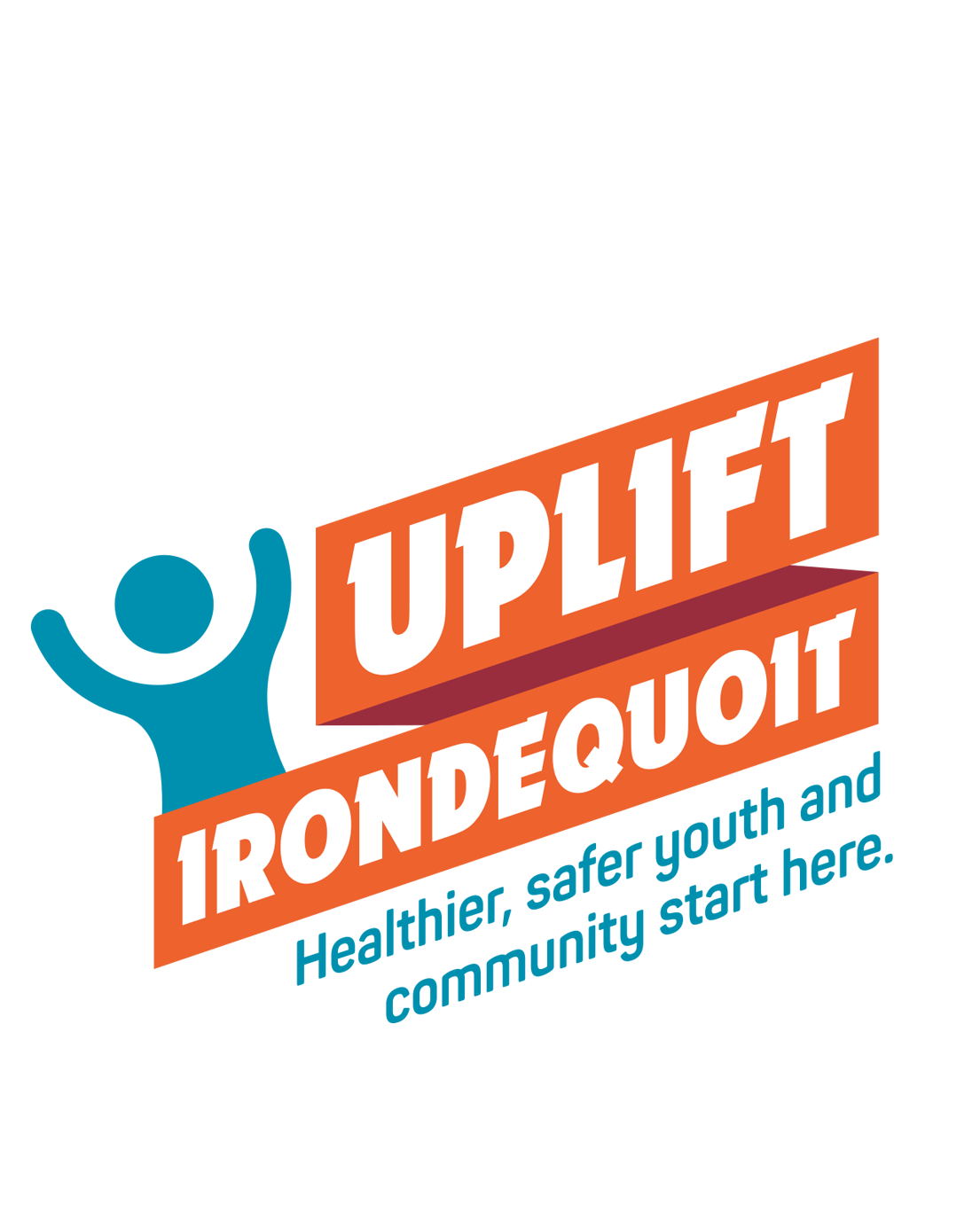
Talk.
Monitor.
Dispose.
We know how busy life can be. So we’re providing three practical ideas for some very important to-do items: talking with your kids about substances, monitoring dangerous substances in your home, and disposing of expired medications.
These three things deserve to be added to the routine:
Talk to your kids regularly about substance use.
Know what you are talking about.
Get educated about the facts; know what kinds of substances are being used and understand the long-term effect they have on youth development. Use real life examples and be aware that social media is not necessarily the best resource for information. Use trusted resources such as NIDA, SAMSHA and the CDC.
You can find more information about substances on our resource page.
Be Honest and Direct.
Genetically, youth are pre-disposed to addiction if it runs in the family. If substance abuse exists in your family, share that information with them. Be honest about your own use and experience; share what you would do differently. Be clear and direct about your expectations, specifically around substance use. Set an example, and be a role model for your child.
Check out these great conversation resources through NYS Office of Addiction Services and Supports.
Empower your child to make healthy choices.
Use everyday opportunities to start a simple conversation. Empower them to make decisions regarding their own health and safety. Help your child to set goals that are personal, achievable, specific and positive about not using drugs; keep them accountable to those goals.
Monitor dangerous substances in the home.
Take an Inventory
Think about the poisonous items and substances you have in your home. Go beyond cleaning products; do you have vaping products, alcohol, marijuana or medications in the house? Know what products you have, where they are in your home, and how much you have of each. Take an inventory of the number of pills in bottles, number of cigarettes in a pack, and amount (and taste) of alcohol left in each bottle.
Download our Family Calendar to help yourself plan out a time to monitor your dangerous substances and poisonous items in the home.
Secure
Secure any unsafe or dangerous substance away from children and pets. If you have a child under 3-years, make sure all cabinets that contain harmful substance are properly secured. Child-proof locks are preferred to keep children and pets safe. Lock medications and alcohol away, especially with teens in the house. Store vape products, edibles and CBD products away from children as they are very toxic if ingested.
Lock boxes can be obtained at a variety of online and local retailers.
Uplift is also able to provide lock boxes at local events that we attend. Visit our Events Page, to see where you can find us in the community!
Get rid of expired or unused medications.
Drop-Off Locations
Visit a local pharmacy to dispose of your expired or unused medications safely by using a medication drop box. Click on the button below to see a new and updated list of medication drop box locations nearest you.
Collection Days
DEA Drug Tale Back Days are held two times a year, typically on the last Saturday of April and October. Irondequoit Police Department continues to offer this event for community members (1300 Titus Ave, Rochester, NY 14617). You can check with your local police department or Drug-Free Coalition to see if they part-take in this event. Take a look at our Medication Take Back Day initiative to see where and when you can find the next Drug Take Back Locations in and around Irondequoit, NY.
Mail Back Program
NYS now has an approved medication mail back program through Med-Project. They will accept medications, sharps, and inhalers. You will need to fill out their form so they can send you the necessary packaging to send back to be disposed of correctly.
Safe Home Disposal
Purchase your own Deterra Bags or Dispose Rx online, or contact us for other safe home disposal methods. We will also be distributing these at events that we attend.
Have Questions?
Contact Us!
E-mail
director@upliftirondequoit.org
Phone
(585) 353-6298
Consequences of Substance Use
ALCOHOL
Youth who consume alcohol are more likely to experience academic and social problems. They are more likely to have lower academic achievements and potentially failing grades, while more likely to exhibit aggressive behavior. Repeated consumption of alcohol will disrupt a youth’s natural growth and development, having lifelong and harmful consequences on an individual’s brain, liver, and heart.
TOBACCO
Usage of tobacco products in any form is detrimental to one’s health. Cigarette smoking is related to numerous deadly illnesses including lung and mouth cancer, emphysema, heart disease, COPD, and chronic bronchitis.
PRESCRIPTION MEDICATIONS
Prescription medication addiction is the fastest growing drug problem in the US; profoundly affecting the lives of youth. Despite a common misconception that prescription drugs are less harmful to one’s body, there is a range of health consequences that are particularly harmful to a youth’s developing brain and body. Specifically, panic and anxiety disorders, poor hand-eye coordination, and multiple respiratory issues.
VAPING PRODUCTS
E-cigarette usage among high school and middle school students is on the rise. 99% of e-cigarettes contain nicotine, and some labels don’t even disclose the specific amount. Nicotine of any amount is harmful to a youth’s long-term development by changing the parts of the brain that control attention, learning, mood and impulses, ultimately leading to a higher likelihood of addition to other drugs.
MARIJUANA
Marijuana is still illegal for teens in all 50 states. Whether it’s smoked, vaped, or consumed there are lasting consequences to a youth’s academic and cognitive development. Marijuana dulls attention, memory, and learning skills; making students who use it more likely to drop out of high school or college. Long-term, repeated use can lead to addiction and usage of other drugs.

